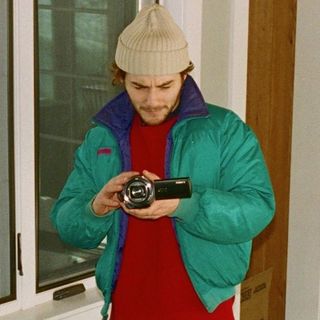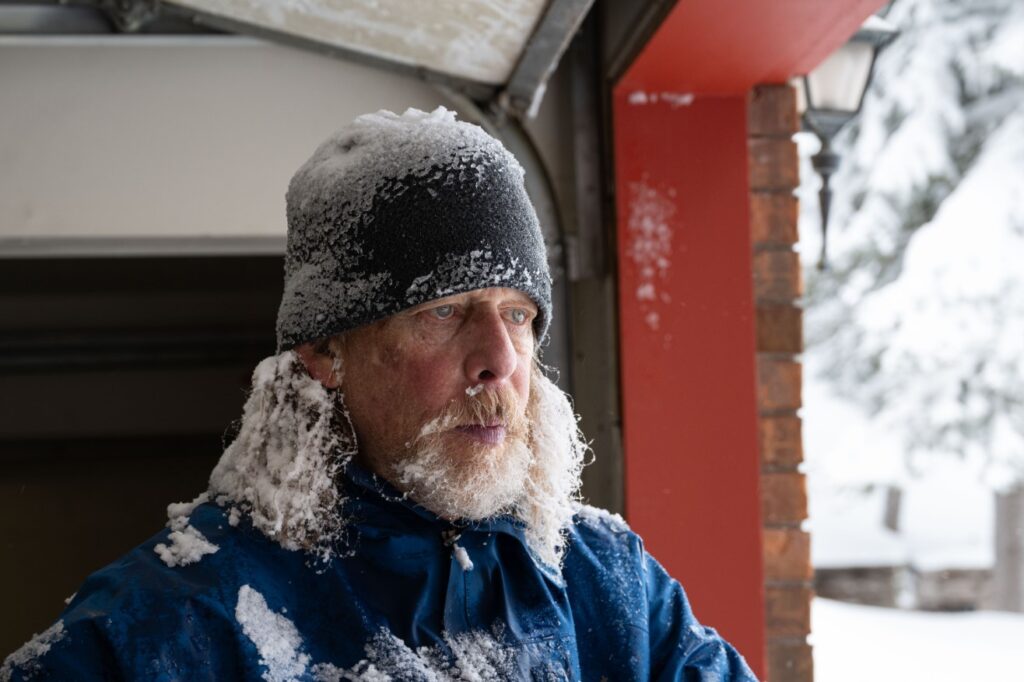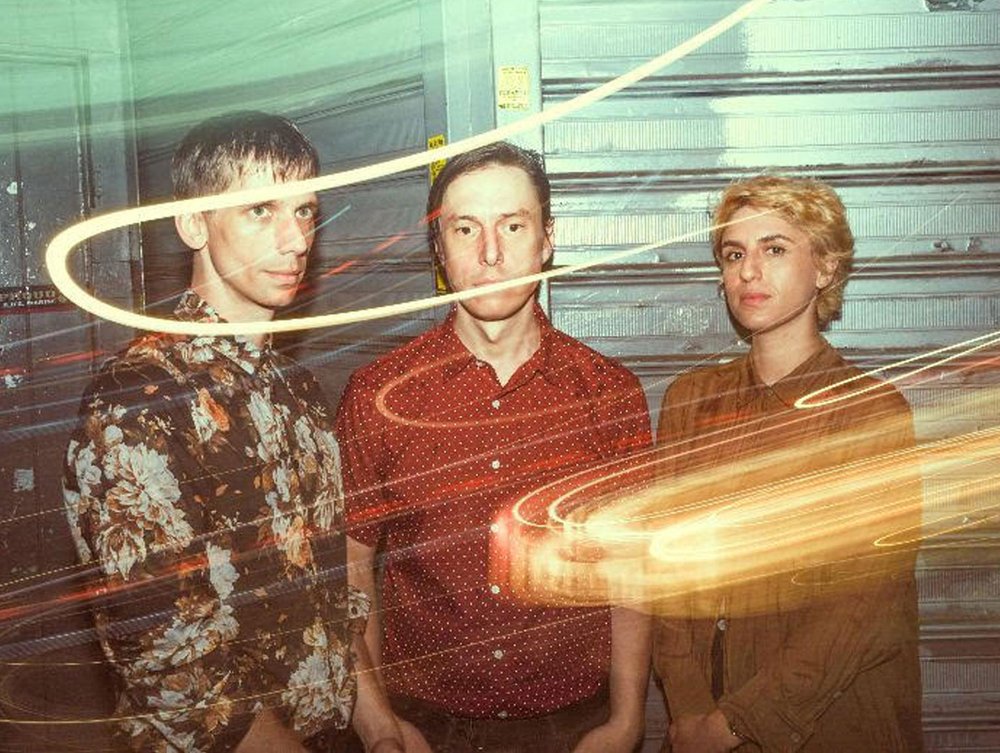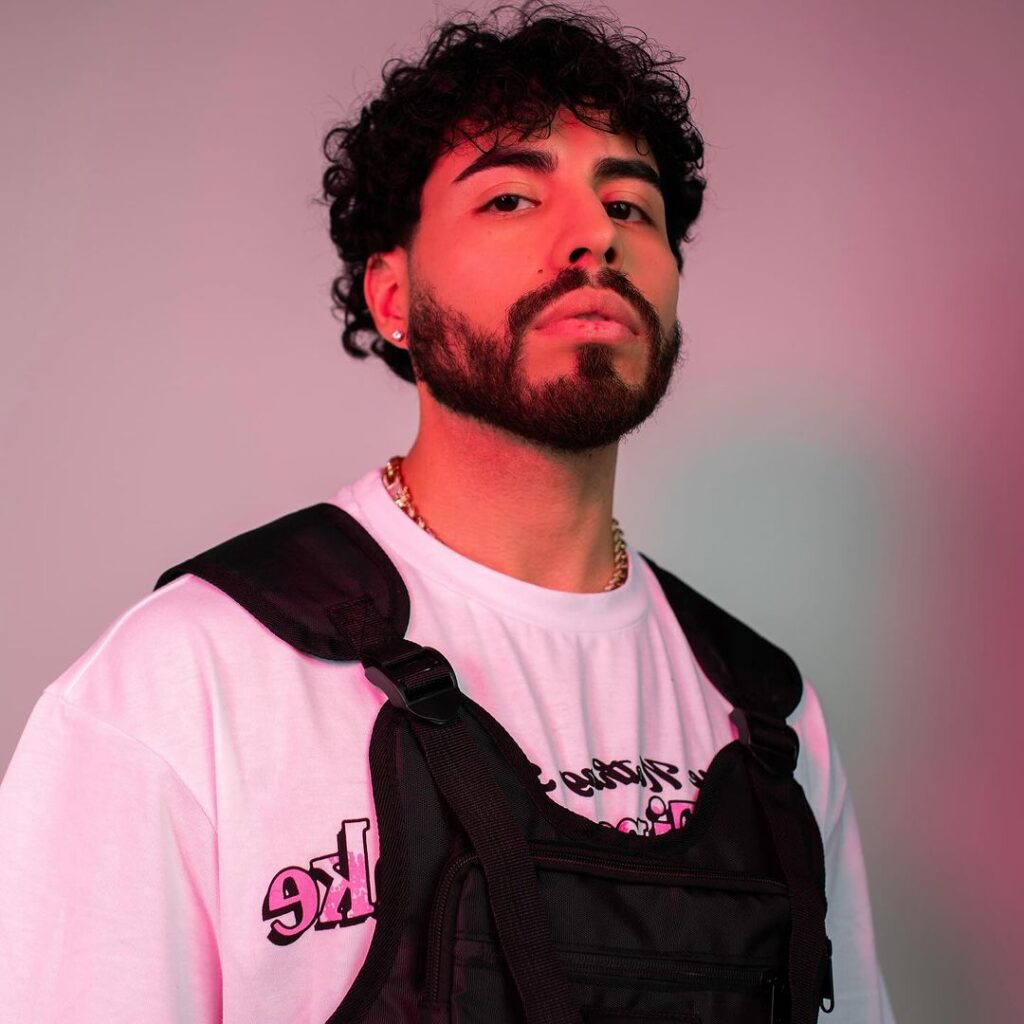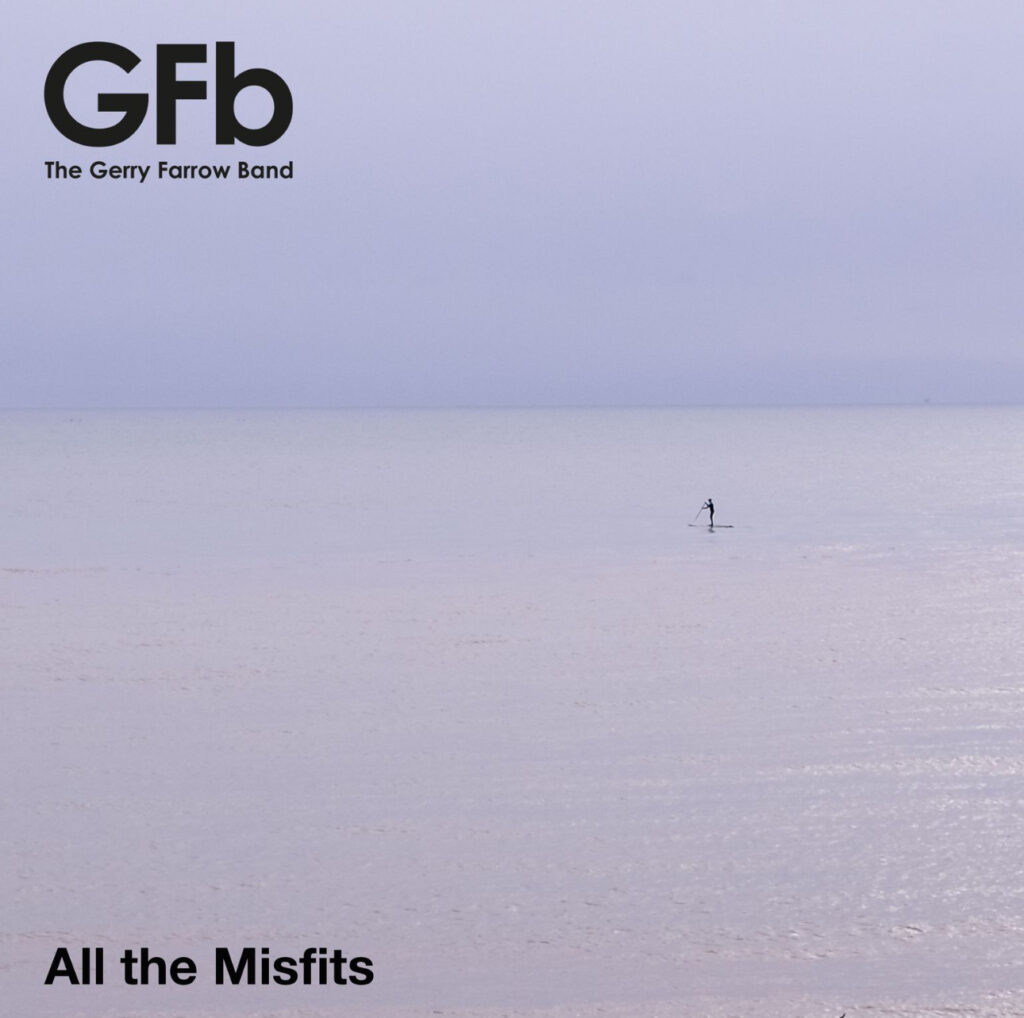A Conversation With April Patterson Clemens About “Our Campfire Days”
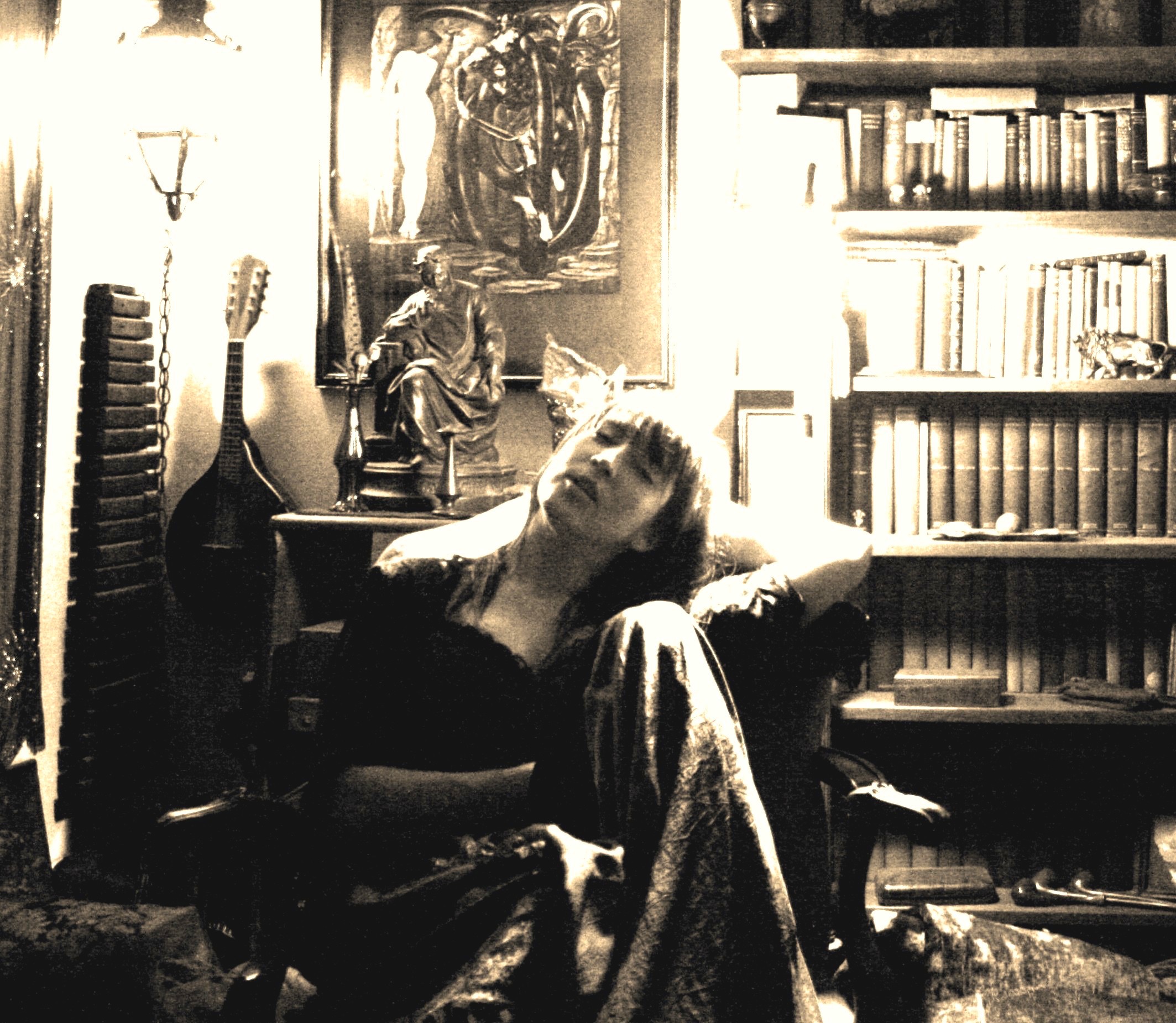
Q: Hi! “Our Campfire Days” feels deeply personal. What sparked the inspiration behind this particular song?
A: My friend Matt sent me some guitar parts which I looped and made melodies and lyrics for. It was the first time I’d ever collaborated with someone songwriting and so I came at the lyrics a different way than I usually do. After listening to the music, I kind of saw this story unfolding, with the girl reminiscing about her first love, a guitar playing wild boy, after his death. Little details emerged, like the guy twisting some grass around his hand or them writing words in the condensation on his bedroom window, all the specific things about a moment that we remember later that make an experience real.
Q: You’ve moved from alt punk to indie folk and even jazz pop over the years. Where does this song sit in your musical evolution?
A: Since collaborating on “Our Campfire Days,” I’ve written like five other songs and I think the evolution has been that they’re more emotionally raw. Also, with Cobalt playing, he’s taken my back catalog of music and turned those songs into creations I’d only previously imagined. One song (“Icarus”) sounds like flamenco, another (“The Snow Queen”) is almost classical. So, it’s been a blending of genres.
Q: There’s a beautiful nostalgia in the lyrics. Was it based on a real memory or more of a universal feeling you were channeling?
A: The story itself is fiction, but the situation it depicts definitely echoes experiences in my own life, especially my teenage years and early twenties which were a bit tempestuous. There was some dark stuff, but you also remember the good times, the silly times. And there are so many emotions all mixed together at once, that’s why nostalgia is so potent.
Q: How did your collaboration with Cobalt Tolbert shape this track? Was there a moment where you thought, ‘this wouldn’t be the same without him’?
A: His playing makes the track more emotionally powerful. It’s very tempting when you have someone as talented as he is to add a lot of frills and curlicues, but we tried it a couple of different ways and decided to keep this one simple. What he brings instead is feeling, that sweet sadness. So he definitely makes it what it is.
Q: Your voice has often been described as otherworldly and medieval. Do you consciously draw from those influences or is that just how it flows out?
A: When I sing I just try to get my head in the right place, to be present and not get pretentious with it. I think that’s when music touches us, when it’s coming from a place inside someone that we all have, that core place where we’re all connected.
Q: What’s it like building a music life in rural Vermont compared to your early days in New York and Texas? Has the quiet influenced your sound?
A: In Texas, I’d go to Deep Ellum in Dallas to see shows, but there wasn’t a big musical community in my own town, which was pretty small. I travelled to a college town in New York and there were kids there just making music twenty-four-seven. I stayed there for about a year and then we all moved together to Vermont, since we heard Burlington had a good music scene. We got a big house together thirty minutes out from Burlington in Milton, but would drive into Burlington to hang out at this coffeeshop—a whole artistic community was created around it. Now, I’m back in the countryside about an hour out from Burlington and for the last few years have just been in a sort of creative cocoon. I’m also an author, so I was focusing on writing for a while, not sure if I even wanted to play live shows anymore, but I’d like to have some sort of artistic community again. It’s harder when you’re not in a city where you can just wake up and walk over to a hub where other artists will be. It’s more of an effort, but it can be so inspiring to be around other people and see what they’re creating. There’s plenty of creative content online, but I’m talking about like amateur theatrics and weird happenings, things that feel raw and unpolished, art for art’s sake. That’s the stuff I get excited about. When I was a kid, we’d have little talent shows with our friends and I like things that feel like that. So with my music, maybe being out in the country has made it a bit more insular, but in a good way. I don’t go online an awful lot and have no idea what I “should” be doing artistically, so what comes out is more a byproduct of my real experience.
Q: There’s a kind of haunting clarity in the way you write. How do you know when a song is finished?
A: When it no longer makes me frustrated, really. If I’m trying to like it, it’s still not there. Like with my song “Time Takes Us,” it was almost done, but it needed more zazz. Yet I kept saying to myself, “Really, this is fine the way it is,” because I wanted it finished, but I know when I do that it’s actually not done. So I finally found the missing piece, it was just one word, and then it was like yeah, puzzle complete, no question. But without that one word, it would’ve been meh.
Q: You’ve been part of so many different projects including Blackthorne Wilderness, Steamboat Wonderlust, and Chanteuse da Boom. What makes this current phase feel different if it does?
A: Having someone else play guitar frees me up to sing and that is sooooo liberating! Also, my roster of songs is pretty long at this point and the way Cobalt reinterprets them makes them all feel new again.
Q: Was there a moment during the writing or recording of “Our Campfire Days” that caught you off guard emotionally?
A: Yeah, when I first went to sing it, the part about touching someone’s back, that was strangely hard because it felt vulnerable, which is why I wrote it that way, but then it was hard to sing.
Q: If you could sit around a literal campfire with any artist living or gone to share songs who would it be and why?
A: Probably Hank Williams. I’d love to sing with him! Not only is he my birthday brother (September 17th), but his voice was just the real thing, unfiltered, pure emotion. Also, I bet he was good at keeping a campfire going.

